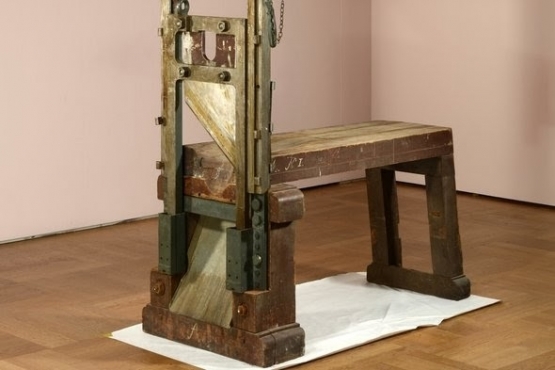The story of the German master spy who grimly plotted for sixteen years to destroy the pride of the British Navy... "This is the story of how Russia got military secrets from the United States during W.W. II. It is a story that has little to do with the spy ring that congressional committees are trying to prove existed during the war period (The Gouzenko Affair: read about it here) . But it does throw light on the methods and purposes of the so-called 'spy ring'". "Military information was going to Russia as a matter of routine, by official channels, on an organized basis, all during the period when United States Communists and their friends were supposed to be spying out bits of information to send... As an ally of the U.S. in the war against Germany, Russia had free access to far more information than the so-called 'spy ring' claims..." This magazine article was filed during the suspenseful phony war that was waged between Poland and Germany over the Danzig issue. It reported on the beheading of two German women convicted of spying on behalf of a Polish cavalry officer by the name of Baron Georges Von Sosnowski: "In London, THE NEWS CHRONICLE, Liberal Party organ, declared that the beheading of the two women was 'disgusting savagery', and was not the first evidence of 'a strain of sheer barbarism in the Nazi creed..."
 "The eight Nazi agents, who landed from U-boats on the shores of of Long Island and Florida, planning to cripple American war production, are in jail here [Washington, D.C.] under heavy guard, awaiting military trial on four charges that carry the death penalty." "Colonel William J. Donovan and Edgar Mower, writing of fifth-column activities at the direction of Frank Knox, Secretary of the Navy, charged Fritz Wiedemann [as having been] praised by Hitler for helping to spike American legislation to aid the Allies in 1939."
Numerous nasty remarks were quoted in the attached article concerning the German Consul General in San Francisco, Fritz Wiedemann (1891 - 1970), but the journalist who penned the article could not possibly know that Wiedemann was at that time spilling his guts to the FBI. Having served under Hitler for some time as adjutant, by 1940 Wiedemann had denounced his devotion to the Nazi Party and told Hoover all that he Knew about Hitler and what the world could expect from the man.
In 1940, Japanese spies made the mistake of confiding in Wiedemann - more about this can be read here.
Writing ten years after D-Day, Sonia D'Artois recalled her experiences as a spy and saboteur in Nazi-occupied France:
"...I began my mission in wartime France as a British secret agent. Colonel Maurice Buckmaster had told me what my assignment was:"
"You will parachute into France with a wireless operator and a demolition specialist. The drop will be 40 miles from Le Mans, where Rommel's army is concentrated..."
|